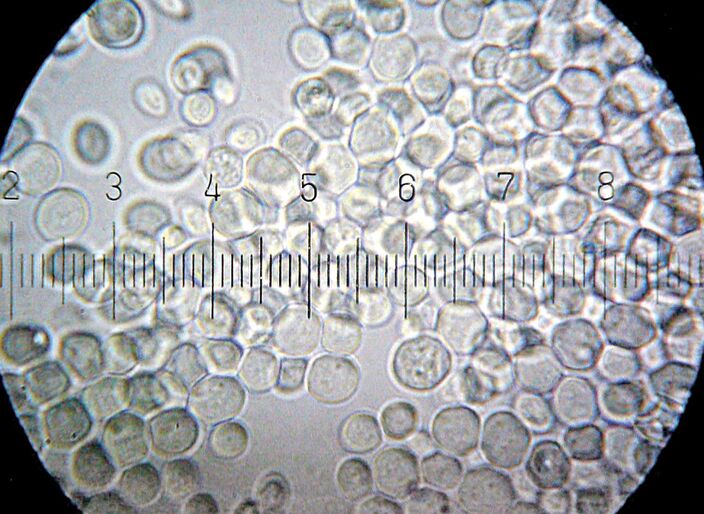|
By Elaine Zhu
Selfishness is the act of not caring about others, only thinking about getting ahead, and profiting at the expense of others. While most people think of selfishness as an acquired human trait, research has shown that some human genes can also act in a selfish or even parasitic manner in order to increase the gene’s chances of passing on its genetic material to its offspring. These parasitic genes don’t benefit the body’s overall fitness but instead methodically increase their own chances of transmission. Recent studies have investigated the mechanisms used by these selfish and parasitic genes and their potential applications. In a study conducted by Nicole Nuckolls, María Angélica Bravo Núñez, and Sarah Zanders, a gene called wtf4 in Schizosaccharomyces kambucha fission yeast was identified as one of these selfish genes. The researchers discovered that the wtf4 gene in yeast actually acts simultaneously as a poison and an antidote. During fission, the wtf4 gene cleverly produces a specifically timed molecular poison during meiosis that is spread to all growing gametes, both the gametes that inherited the wtf4 gene and the ones that didn’t. Before the walls of the spores have formed, the molecular poison spreads to every offspring of the cell. However, the cells with the wtf4 gene also carry the antidote to the poison it created. The antidote for the poison is made in the later stages of cell development and division after the spore walls have completely formed. Therefore, the gametes that did inherit the gene are guarded against the effects of the poison, but the cells that do not have the gene are left to suffer with the poison and eventually die off. Thus, the gametes that did not inherit wtf4 are left with no protection from the poison and are vulnerable, thereby selecting for the wtf4 gene. By coloring the proteins, Dr. Zanders and her colleagues found the two specific RNA message molecules that the wtf4 gene uses to encode for the poison and antidote. After imaging the cells while they underwent meiosis, the scientists were able to clearly confirm that the wtf4 poison was spread in every cell, but the antidote was only in the spores with the wtf4 gene. Further research is currently being conducted to identify more selfish genes with the hope that the mechanisms for these genes can be applied in other scientific disciplines. These selfish genes can also provide insight into human infertility, since the “cheating” methods that such genes use can bias natural selection and even directly cause infertility. That is, a selfish gene could produce spores with an incorrect number of chromosomes, which can actually be detrimental to the survival of the daughter cells. Research has shown that chromosomal abnormalities are one of the leading explanations for why miscarriages happen in humans. In an interview conducted by the National Institute of General Medical Sciences, Dr. Zanders stated that “learning general principles about selfish genes in simple models will guide future searches for selfish genes that could be contributing to human infertility.” Another exciting potential application of these selfish genes is to gene drives. Gene drives are a type of genetic engineering technology that can spread a desired set of genes to a population by increasing their probability of being inherited. These selfish gene mechanisms can potentially lead to the creation of a type of gene drive that may curb or even eradicate problematic insect populations, such as malaria or dengue fever transmitting mosquitoes. These selfish genes use a variety of methods to overpower other genes, and scientists may one day be able to utilize these mechanisms to ultimately improve the quality of human life.
0 Comments
Leave a Reply. |
Categories
All
Archives
April 2024
|

